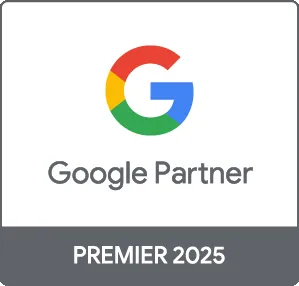PPC (Pay-Per-Click) advertising can be a game-changer for small businesses looking to increase visibility and drive traffic. With platforms like Google Ads and social media ads at your fingertips, effective PPC management is essential to maximize your ROI. In this guide, we will explore the fundamentals of PPC management tailored specifically for small businesses, helping you navigate this powerful marketing channel with confidence.
Understanding PPC Advertising
PPC advertising allows businesses to display ads on search engines and social media platforms, paying only when a user clicks on their ad. This model is not only cost-effective but also highly measurable, making it an attractive option for small businesses.
1. Setting Clear Goals
The first step in effective PPC management is setting clear objectives. Common goals include:
- Increasing Website Traffic: Attract more visitors to your site.
- Lead Generation: Collect potential customer information through forms.
- Sales Conversion: Boost online or in-store sales through targeted promotions.
2. Choosing the Right Platforms
Identifying the right advertising platforms is crucial. Consider:
- Google Ads: Ideal for capturing intent-driven traffic with keyword targeting.
- Facebook Ads: Great for targeting specific demographics based on interests and behaviors.
- Instagram Ads: Effective for brands with strong visual appeal to engage users.
3. Keyword Research and Targeting
Effective keyword research is fundamental to PPC success. Use tools like Google Keyword Planner to find relevant keywords that your audience is searching for. Focus on:
- Long-Tail Keywords: These are less competitive and often result in higher conversion rates.
- Negative Keywords: Prevent your ads from showing for irrelevant searches.
4. Creating Compelling Ad Copies
Your ad copy is the first impression users will have of your business. Ensure your ads are:
- Clear and Concise: Communicate your message quickly.
- Include Strong CTAs: Encourage users to take action (e.g., “Shop Now,” “Get a Free Quote”).
- Reflect Your Brand Voice: Maintain a consistent tone that resonates with your audience.
5. Monitoring and Adjusting Campaigns
PPC management is an ongoing process. Regularly review campaign performance metrics like click-through rates (CTR), conversion rates, and cost-per-click (CPC). Use this data to:
- Adjust your bids and budgets.
- Test different ad copies and landing pages.
- Eliminate underperforming keywords or ads.
Conclusion
PPC management can bring significant benefits to small businesses when done correctly. By setting clear goals, choosing the right platforms, conducting thorough keyword research, creating compelling ad copies, and continuously monitoring performance, you can maximize your advertising spend and enhance your online presence. If you need help navigating PPC advertising, consider partnering with experienced professionals like Prebo Digital to elevate your strategy.





